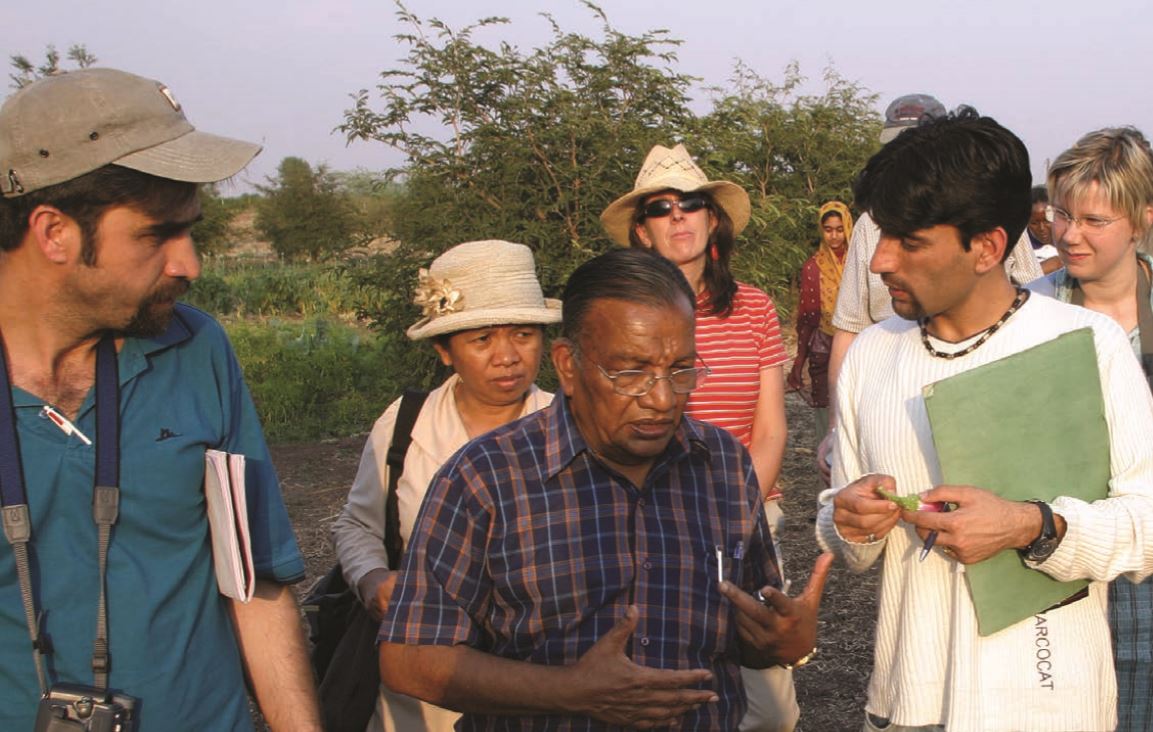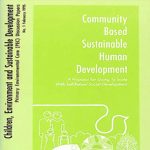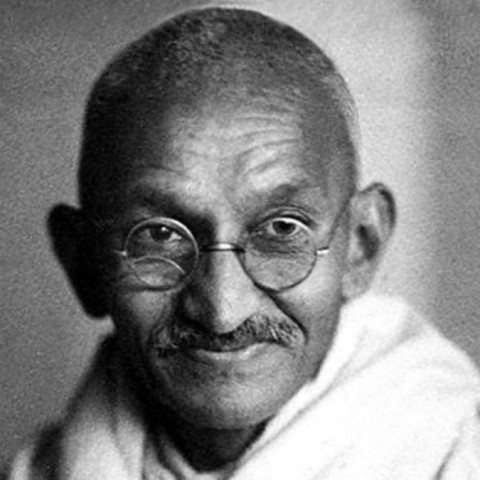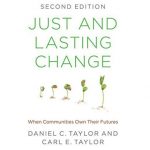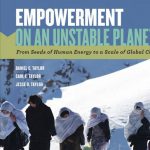Improving Life Comes From Human Energies & Seeking Truth
“There is no wealth but life. Life, including all its powers of love, of joy, and of admiration. That country is the richest which nourishes the greatest number of noble and happy human beings; that man is richest who, having perfected the function of his own life to the utmost, has also the widest helpful influence, both personal, and by means of his possessions, over the lives of others.” (Note, this is not Karl Marx who also prioritizes human energies, specifically the energy of labor in material production. Wealth, according to Ruskin, comes from Life, from love, joy, admiration … )
John Ruskin, Unto This Last
When John Ruskin penned the above words in the mid-nineteenth century he laid a challenge before a society plunging toward material wealth. Industrialization, empire, and capitalism had enabled Victorian Britain to become the first modern industrial society to enjoy a standard of living that we now associate with middle-class existence. But Ruskin saw that these wonders were producing wealth but also strangling certain aspects of life. In response, he advanced a string of ideas that would become the basis of the modern state: minimum wage, graduated income tax, universal free education, and old age pensions.
A quotation from Ruskin’s Unto This Last still hangs on the wall of the room at Sevagram Ashram that was home to Mahatma Gandhi. Gandhi built upon Ruskin’s understanding. Gandhi’s quest went beyond political independence, offering people the means to many freedoms: poverty, caste, gender discrimination, illness, and illiteracy. Gandhi showed his people not what they needed, but what they could do with what they already had. While Ruskin was a man of large ideas and grandiose abstractions, Gandhi’s genius lay in simplicity with a priority also on addressing the marginalized––salt, diet, homespun cloth, the act of nonviolent refusal––and in the process gave people a means for societal transformation that scaled up not only to one-fifth of humanity, but also set the assumption of independence for the great movements of the 1950s and 60s. On a traditional village spinning wheel, Gandhi wove the fabric of a new nation, a truth ensconced in the constitutional stipulation that the Indian flag be woven of khadi (homespun cloth).
Important to note here that Gandhi developed Satyagraha—the engine that drove his movement gathering one-fifth of humanity, arguably the most significant assembly ever of human energy under a term whose literal meaning is “truth force.” It was not, as so often misrepresented as Empowerment; it was the power of Truth. A mob can be empowered, and it can be profoundly wrong.
Part of that Truth was that of Sarvodaya, the advancement of all (in contrast to advancing the individual). Advancement of all through the energy of Truth—in contradistinction to the British Empire, the body that first figured out at scale use of the energies from fossil fuels with mineral extraction. He did not reject Britain; his priority was to reform Britain, to have them understand Truth (some of course did).
Gandhi argued that the true forces that bring change in the lives of people come not from the marketplace, not from armies, not from a religion, not from political process, but from knowledge of Truth that is internalized and adhered to so that it continually corrects action.[1] These forces that begin inside each individual then redefine society to bring authentic help to all people. Freedom grown in this manner is not ever totally achieved—but it always can be made closer by a Truth-centered quest. Indeed, recognizing the importance of Truth as process rather than a state, Chathanatt, notes, “Like Plato, Gandhi considered the search for Truth to be more important than Truth as such.”[2]Gandhi’s pursuit of independence was a step in the quest for Truth. Gandhi was a man of process.
His spinning wheel visibly conveyed this message, freedom through the work of village hands. Each individual turning his or her wheel gave evidence of self potential and direction. The act of spinning used resources grown in that place (swadeshi/self-sufficiency), locally-grown cotton, locally-grown wood that made the wheels. When people wore khadi cloth they showed proof that a becoming life could be made by them. As Gandhi said often to news reporters, “The song of our spinning wheels is the song of freedom—the freedoms we are making in our own lives.” The quest he was pushing all toward was first to rise from within, self-reliance against outside control; his confrontation was not animus against power. Such truth out of the products of people was stronger than guns; it defined the quest rather than being the focus of argument. Done collectively, homespun khadi showed that India could weave the warp and woof of a new life, threads of local resources from one direction, massive energy of the villages from the other. Actually wearing this flag of self-reliance as they marched, not a flag carried but clothes of their self-making, India’s people gave evidence that they were dressing in a new way, their way. In evident-to-all contrast to the control commanded by economic giants embodied by belching factories, this was one person and a wheel on a mud floor, evidence from millions of villages across the land of new processes of production. Do that, and from that other freedoms will grow. Such is the deepest freedom. Swaraj was to strengthen India with tightly wound new fiber to pull apart deep forces of oppression: caste, poverty, ignorance, fear of leprosy, and gender discrimination.
Today, as military powers send soldiers to distant lands to free people and label the liberators “peacemakers,” and as corporations are freed to cross the world for cheap labor arguing that they create local development by creating jobs that bind people to global labor imbalances, the question must be asked (even if it cannot be answered): what is freedom? While freeing people from oppression and providing jobs are both freedoms, going toward freedom in the way that “peacemakers” and corporations pursue misses a core principle that guided Gandhi: that truth was in the process, the never-ending journey faithful to the operating principles. Freedom is not given to people. Freedom is when people come together as communities to rule themselves. Or, freedom might equally be people moving together for their mutual benefit.



